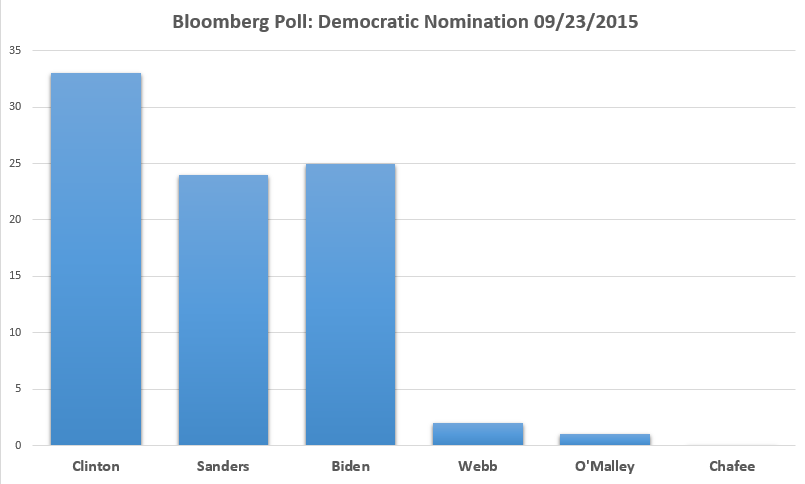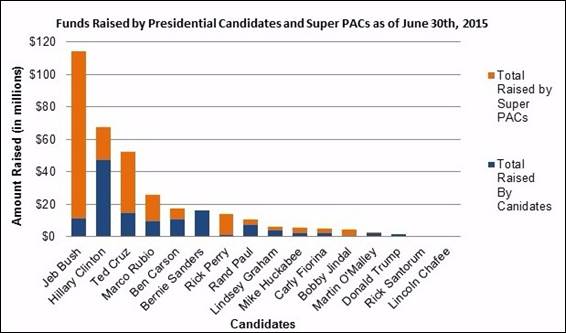How Good Is Your Insurance? ‘Cadillac Tax’ Looms for Large Employer Health Plans

While most companies expect health care cost increases to hold steady next year, nearly half of large employers say that if they can’t find new ways to cut costs, they’re going to cross the “Cadillac tax” threshold in 2018, according to a new study by the National Business Group on Health.
Passed as part of the Affordable Care Act and going into effect in 2018, the Cadillac tax will hit employers whose plans cost more than $10,200 for an individual or $27,500 for a family. The employer will have to pay a 40 percent tax on the cost of each plan above those levels.
Among the companies surveyed, 48 percent said that at least one of their benefit plans would trigger the Cadillac Tax. By 2020, 72 percent of employers say one of their plans will trigger the tax, and 51 percent say their most popular plan will be subject to the tax.
Related: Obamacare’s Cadillac Tax Hits the College Campus
“The need to control rising health care benefits costs has never been greater,” NGBH President and CEO Brian Marcotte said in a statement. “Rising costs have plagued employers for many years and now the looming excise tax is adding pressure.”
Employers expect keep benefit costs increases to 5 percent this year by pushing more costs onto workers via consumer-directed health plans (76 percent) and expanding wellness initiatives (70 percent).
None of the 425 employers surveyed said they planned to eliminate their health care coverage, but nearly a quarter said they’d consider offering employees a private exchange.
Top Reads from the Fiscal Times:
- How ‘King Coal’ Could Swing the 2016 Election
- Kerry to Congress: Sign the Iran Deal or the Dollar Gets Hit
- China’s Currency Devaluation Brings Stocks to a 'Death Cross'
Will Trump's Tax Cuts Really Happen? Economists Are Surprisingly Optimistic
Despite all the thorny questions swirling around President Trump's nascent tax reform plan, 29 of 38 economists surveyed by Bloomberg in a monthly poll said they expect Congress to cut taxes by November of next year.
The hitch: The economists don’t expect the cuts will help the economy much. The median projection of a larger group of 71 economists is for 2018 growth of 2.3 percent, up only slightly from 2.1 percent this year — and by 2019, the economists see growth slipping back to 2 percent.




